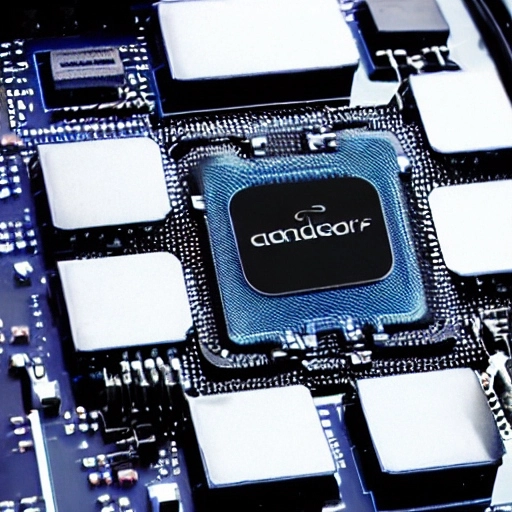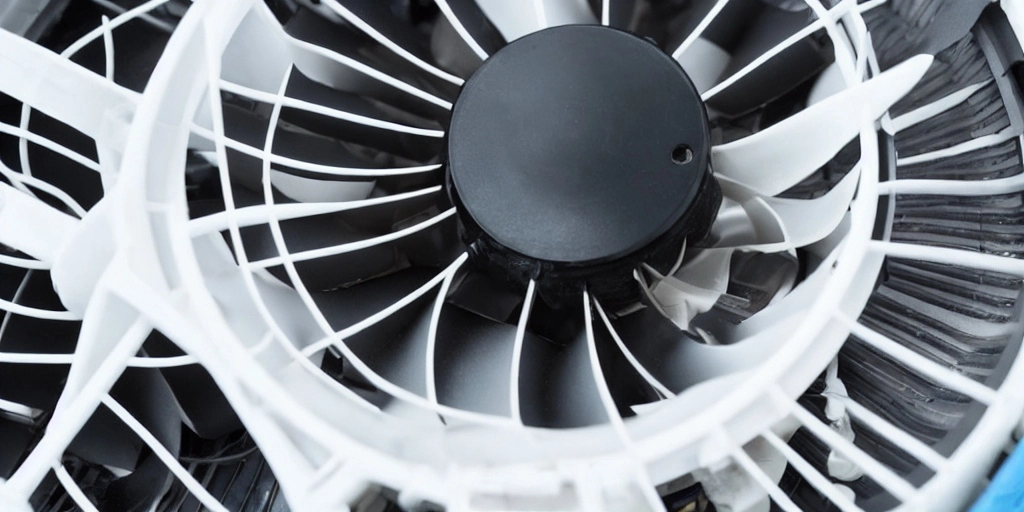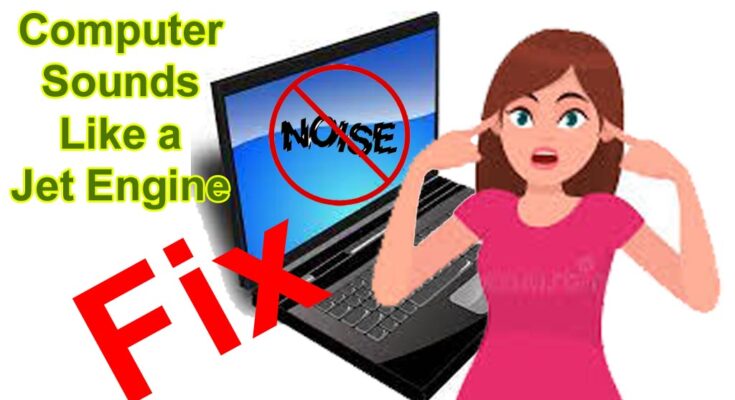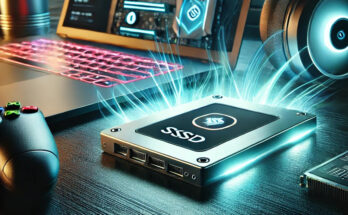Hey there, tech enthusiasts! Ever wondered why your computer Sounds Like a Jet Engine? Don’t worry; you’re not alone. Whether you’ve got a brand-new sleek machine or a trusty old laptop, strange sounds can catch you off guard. But before you panic, let’s dive into the reasons behind this jet engine symphony and how you can bring back the sweet sound of silence to your digital world.
Laptops have become an indispensable part of our lives, serving as personal assistants, entertainment hubs, and workstations. However, what happens when your trusty laptop starts making noises reminiscent of a jet engine taking off? The perplexity of such a situation often leads users to seek answers. In this article, we will explore the reasons behind these unsettling sounds, their impact on your laptop’s performance, and effective strategies to address and prevent such issues.
Why Does My Computer Sounds Like A Jet Engine?
1. Dirty Cooling Fan
You know that little fan inside your computer that works tirelessly to keep things cool? Well, if it’s covered in dust and grime, it’s going to throw a noisy tantrum. A clogged fan struggles to do its job, making your computer sound like it’s auditioning for Top Gun.
2. Clogged or Blocked Air Vents
Just like a congested highway, blocked air vents disrupt the smooth flow of air. This puts extra pressure on your fan, and the result? Your computer turns into a noise machine. Time to clear those vents for a smoother ride.
3. Overheating Processor
Sometimes, your computer works so hard that it feels like it’s in a sauna. Intensive tasks like gaming or video editing can push your processor to the limit, making it hotter than a summer day. If the cooling system can’t keep up, expect your computer to roar like a 747.

4. Faulty Fan Blade or Motor
Picture this: your fan’s blade is like a DJ spinning tunes, but if it’s damaged or worn out, those tunes become a screechy nightmare. A faulty blade or motor means less cooling efficiency and more noise. Not the kind of party your computer wants to host.
5. Problem with the Power Supply
If your laptop starts humming a high-pitched tune, it might be pointing fingers at the power supply. An inadequate power source can lead to chaos inside your computer, causing overheating and, you guessed it, more noise.
6. Issues with the Hardware
When all else fails, hardware issues might be the culprit. Loose components around the cooling system can create vibrations, turning your computer into a rock concert. Time to tighten those screws!
Quick Tips to Tame the Noise Beast
1. Clean the Cooling Fan
Grab a can of compressed air, unplug your laptop, and give that fan a spa day. Clear out the dust and debris to let it breathe freely. Your computer will thank you with a quieter purr.

2. Clear the Air Vents
Check those vents for any blockages. A soft brush or more compressed air can do wonders. Also, let your laptop breathe by placing it on a hard surface for optimal airflow.
3. Check the Power Supply
If the power supply is the suspect, swap it out for a new one. A healthy power supply equals a happier, quieter computer.
4. Cool Your Processor
Give your hardworking processor a break. Close those resource-hungry applications for a few minutes and let your computer cool down. Consider investing in a cooling pad for extra comfort during intense sessions.
5. Replace the Fan Motor or Blade
If you’re feeling adventurous (or if your computer repair technician is on speed dial), consider replacing a damaged blade or motor. A fresh set can make your computer hum harmoniously once again.
6. Tighten Loose Components
Is your computer still rocking out? Check for loose internal components and tighten them up. But fair warning: if you’re not tech-savvy, leave this task to the pros.
In Conclusion
So, there you have it. The next time your computer decides to serenade you with a jet engine melody, remember it’s likely just asking for a little TLC. Keep those cooling fans happy, air vents clear, and components snug. And if all else fails, consider a cooling fan upgrade to keep the peace in your digital realm. Happy computing!
Frequently Asked Questions (FAQs)
- Q: Can laptop noises be completely eliminated?
- A: While complete elimination might be challenging, proactive maintenance can significantly reduce and manage laptop noises.
- Q: Are cooling pads effective in preventing laptop noises?
- A: Yes, cooling pads help dissipate heat, reducing the workload on internal fans and minimizing noise.
- Q: How often should I clean my laptop to prevent noise issues?
- A: Cleaning your laptop every three to six months is a good practice to prevent dust accumulation and overheating.
- Q: Is it normal for laptops to make noise during heavy tasks?
- A: Some noise is normal, but persistent or excessively loud noises may indicate underlying issues that need attention.
- Q: When should I seek professional help for laptop noise?
- A: If you notice sudden changes in noise levels, persistent loud noises, or performance issues, it’s advisable to seek professional help promptly.




